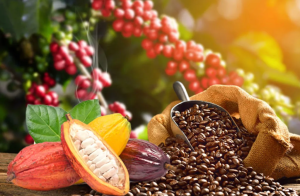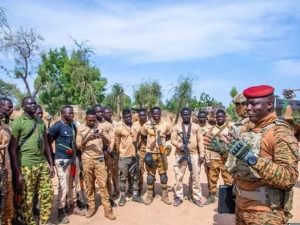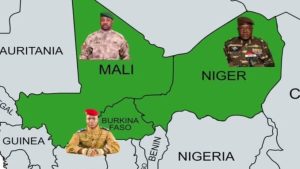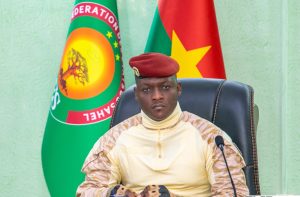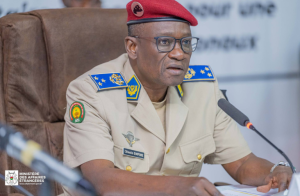Burkina Faso charts new economic course under President Traoré
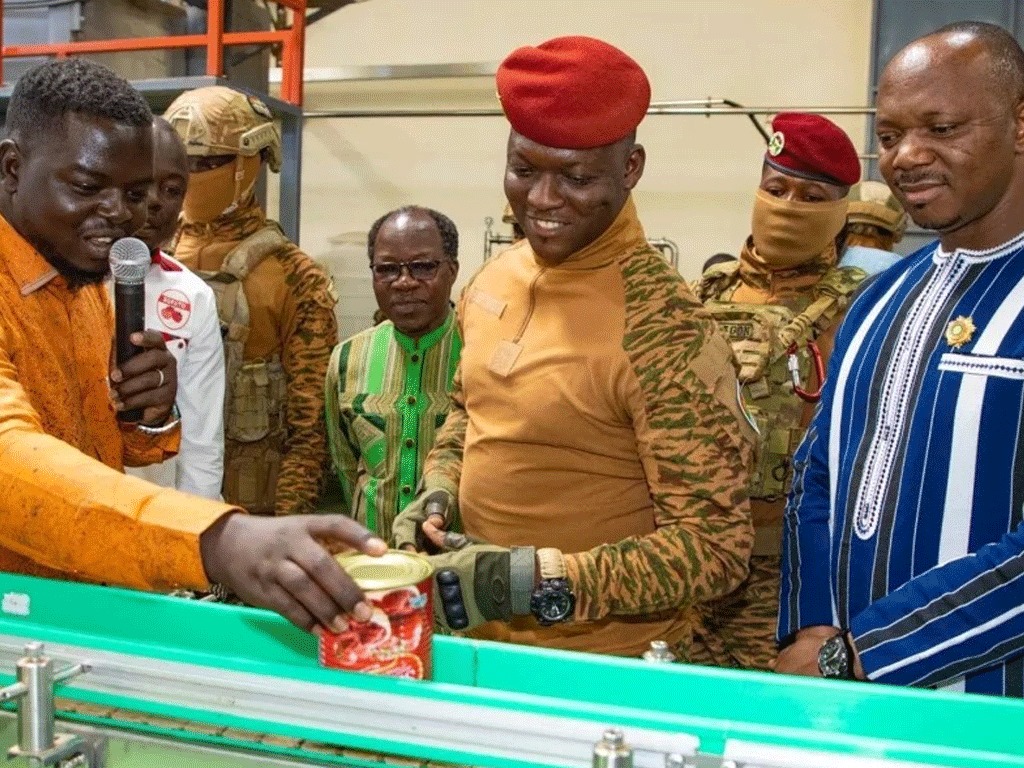
Since President Ibrahim Traoré took office, Burkina Faso has embarked on an ambitious economic transformation, prioritizing self-sufficiency and the strategic development of domestic resources. The landlocked nation is redefining its agricultural sector – long viewed as mere subsistence – into the cornerstone of a sovereign development model.
A series of bold reforms has revitalized farming communities. Targeted subsidies now provide improved seeds, fertilizers, and modern equipment to boost productivity.
But the government’s vision extends beyond field yields. A new emphasis on local processing aims to add value to raw materials like cotton, tomatoes, and maize through domestic industrial units – reducing import dependence while creating jobs.
The cotton sector exemplifies this shift. Beyond supporting growers, authorities are investing in textile manufacturing to capture more value from Burkina’s “white gold.” Similarly, tomato processing plants are curting post-harvest losses while developing marketable products.
This agro-industrial push comes amid ongoing security challenges, making economic sovereignty both a strategic priority and stability mechanism. By anchoring development in homegrown solutions rather than external aid, Traoré’s administration is rewriting Burkina Faso’s economic narrative – one harvest at a time.
Souley LAMINA


